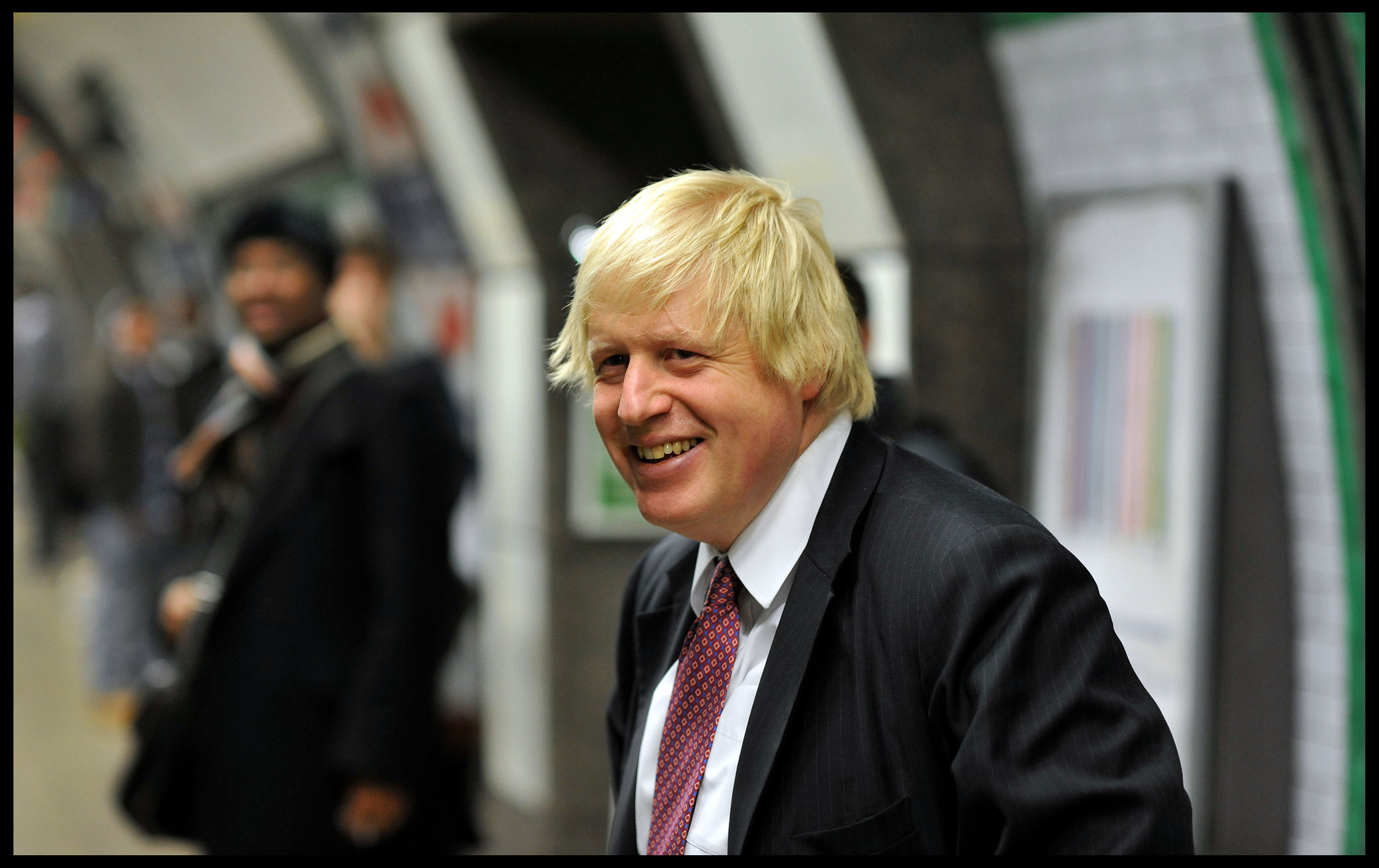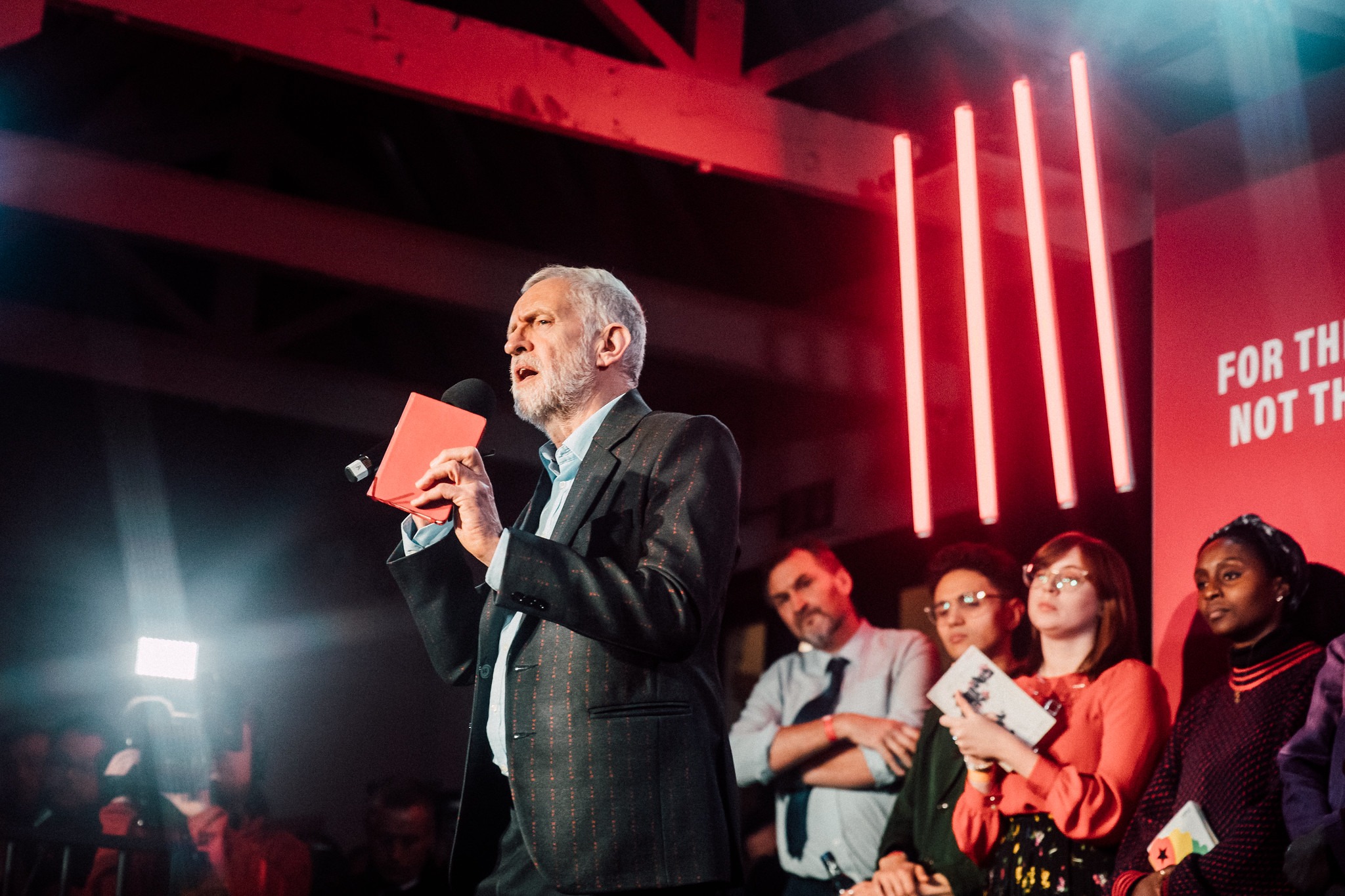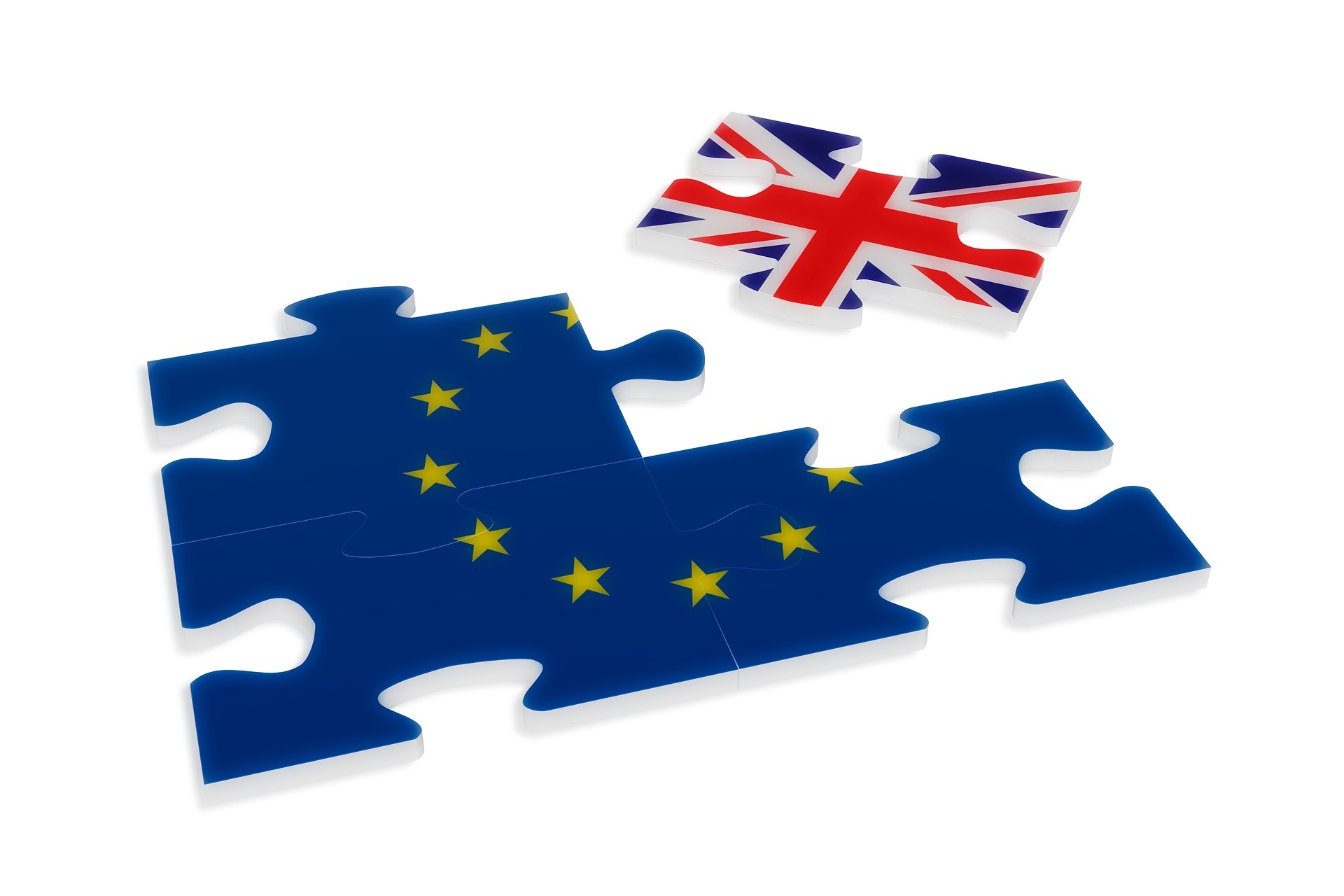Brexit & Bullshit: The UK Election Explained

By Gurwinder Bhogal
Staff Writer
14/12/2019

Picture Credit: BackBoris2012 Campaign Team
On Friday the 13th, the people of the United Kingdom woke to find the country forever changed. A shambling man in a ruffled suit, who had been routinely laughed at for his dishonesty, and who had probably even lied to the Queen, won an overwhelming mandate to politically sever the country from the continent, while the Labour Party lay stunned, having suffered its worst electoral defeat in almost a century.
But how did this happen? And what happens now?
The political parties of the UK have traditionally avoided holding elections in the bitter British winter due to fears of low turnout. But this election was different. Amid biting cold and lashing rain, street-long centipedes of people queued to cast their vote. They braved the chill and damp because this was not just an election to decide who the prime minister would be, but also what the country itself would be; part of a continental union, or a walled off sovereign state, or something in between.
This was not just an election to decide who the prime minister would be, but also what the country itself would be.
It was the third general election in less than five years – indicative of a parliament in long-term deadlock, and one in desperate need of a way forward. The two main candidates were on the surface very different. There was Boris Johnson, the bumbling centre-right Conservative prime minister who sought a speedy Brexit but needed a parliamentary majority to make it happen. Facing him was Jeremy Corbyn, the dour hard-left Labour leader who was resolutely neutral on Brexit and instead sought to heal the national laceration that had divided the country into Leave and Remain so that everyone could come together and embrace his socialist vision.

Jeremy Corbyn (Picture Credit: Jeremy Corbyn)
Once stripped of their ideological distinctions, however, both Corbyn and Johnson were very similar. They both presented themselves as everymen who championed the common people and were sick of the obscurantism of establishment politicians, yet in reality they only eschewed the labyrinthine tricks of the polished liberal elites so they could employ the blunt, simple tricks of platitude, conspiracy theory, and overpromising. As a result, their faceoff was a battle fought for empty slogans, against straw men and scapegoats.
And yet, there was something very real at stake: the UK’s place in the world. As a result, both sides played dirty from the outset. This was particularly apparent with the Conservatives, who engaged in an elaborate online campaign of disinformation, which included renaming one of their Twitter accounts to the neutral-sounding FactcheckUK, using edited BBC videos on Facebook, and even disguising a Conservative website as a Labour one.
Labour was also not above disinformation, claiming that leaked documents proved the Tories were planning to sell the NHS to US companies. Overall however, Labour appeared to be less interested in deceiving the populace than in deceiving itself, with party members and activists doing all they could to convince one another that their brand of hard-left socialism was still relevant and that people cared more about social justice than about resolving the Brexit deadlock.
As a result, Corbyn refused to take a stance on Brexit, believing the neutrality would help him seal the political fissure running down the country, and allow him to focus his electioneering on what he cared about most: socialist politics. But although Corbyn was good at lying to himself, he was bad at lying to other people. His simple honesty — much lauded by his supporters — only hurt him in the end, because it allowed people to see him for who he really was — someone who never grew out of old-fashioned socialism and platitude activism, and who, if not a terrorist or anti-Semite himself, was all too comfortable around terrorists and anti-Semites.
Although Corbyn was good at lying to himself, he was bad at lying to other people.
In contrast to Corbyn, who had run for office on his principles, Johnson ran on his pragmatism: his ability to “Get Brexit Done,” as he never tired of repeating. Due to this, the public seemed a lot more forgiving of his past delinquencies than they were of Corbyn’s. Johnson’s closeted skeletons — like his alleged misuse of public funds, writing of pro-Remain articles, groping of a journalist, and conspiring to have a reporter beaten up — were also well concealed by his bumbling clownish charm and his comical evasion of scrutiny, whether by refusing to be grilled by tv interrogator Andrew Neil, or by hiding from Piers Morgan in a fridge.
Even when Johnson was unable to avoid scrutiny, he was greatly helped by the full support of the nation’s most circulated right-leaning papers — the Daily Mail, The Sun, and the The Daily Telegraph — which routinely put a positive spin on his many blunders, and an extremely negative spin on Corbyn’s, while the primary left-leaning papers — The Guardian and The Daily Mirror — provided only lukewarm support to Corbyn, and in fact often published op-eds highly critical of him.
The ace in Johnson’s sleeve, however, was Brexit. It was the main reason the election had been called, so Johnson knew that by focusing his entire campaign around this one impending issue, he would be able to distract the public from his dubious past, and stand for election as a necessary means to an end rather than a fallible human. Indeed, when one looks at the way people voted on Thursday, it becomes apparent that Brexit was a key factor in this election.

Many of the working class in Labour’s heartlands voted Leave, but Corbyn’s ambiguity on the issue made them swing their votes to the Tories. A prime example is the Bolsover constituency, which for nearly 50 years had been held by Labour’s Dennis Skinner. Overnight, it swung to the Conservatives. It is no coincidence that over 70% of its constituents voted Leave.
Corbyn sought to get the best of both worlds but instead got neither. It is not clear if siding with Remain, as he did in 2016, would have helped him; the main pro-Remain party in this election, the Liberal Democrats, failed to win any more seats, and their leader, Jo Swinson, even lost her own seat.
However, it is unlikely that Labour could have won this election even if they backed Leave, because they lost votes not only to the Tories and Brexit Party, but also to the Liberal Democrats and Scottish National Party. It seems that, in Labour’s former strongholds, the masses didn’t so much vote for the Tories as for whoever was not Labour. This is borne out by the numbers: Johnson won 43.6% of the vote (a marginal improvement on his predecessor Theresa May’s lacklustre 42.4%), but Corbyn won just 32.2% (a plunge of 8 percentage points from 2017). Johnson didn’t really win this election; Corbyn lost it.
Johnson didn’t really win this election; Corbyn lost it.
It was Labour’s worst defeat in almost a century. And to make matters worse, it came at the hands of a party that was powerless in Parliament and had just been wiped out in the European elections, and which was led by a prime minister who had blundered his way from broken promise to broken promise and was incapable of speaking for more than a few seconds without degenerating into slogans or scatter-brained mumbling.
Among all the recriminations that followed Labour’s annihilation, blame was placed squarely on the deep unpopularity of Corbyn, or on Brexit, or antisemitism, or economics, or negative media coverage. All these factors played a part, but, in the end, the main reason the Labour Party lost so badly was the Labour Party; it was too dependent on Corbyn, too indecisive on Brexit, too insensitive to antisemitism, too tone-deaf on economics, and too easy a target for negative media coverage.
It should be noted that Labour has not won a general election since 2005. Its problems were exacerbated by Corbyn, Brexit, and other modern ailments, but, ultimately, they preceded them. If it hopes to ever defeat the Conservatives again, it may have to rebuild itself from the ground up, extricate itself from the historical roots that bind it, embrace nuance and moderation, and become a party that is able to adapt to rather than work against the modern age, following the example of the only two successful Labour leaders of the last 70 years, Tony Blair and Harold Wilson.
The Conservatives, who embraced the moderate ethos of Blair long ago, now have what they wanted: a comfortable parliamentary majority. As a result, the UK, which till now has been embarrassingly unable to self-govern its own plan to self-govern, will now finally be able to execute Brexit.
But those like Nigel Farage, who helped Johnson to his landslide victory, and who now hope for a full-Brexit as payment, should beware – they handed the reins of power to a known liar who has at times let slip pro-Remain sentiments. Johnson will get Brexit done, but it won’t be the Brexit that many who voted for him want. Now that he finally has a healthy majority, he is no longer beholden to the hard-Brexiteers in the ERG, BXP, or DUP, and can largely disregard their wishes. He hinted at an impending betrayal of hardliners in a victory speech overture to pro-Remainers, where he recognized that many of his votes were simply rented from Labour due to Corbyn and Brexit. He may well seek to own these borrowed votes for good by offering a softer Brexit and a softer conservatism (both of which are his natural inclinations).
Johnson will get Brexit done, but it won’t be the Brexit that many who voted for him want.
Whatever the case, both Corbyn and Johnson emerge from this election with newfound freedom. Corbyn, now unburdened by the responsibilities of parliamentary power, can safely return to what he always did best — lying to himself — while Johnson, now emboldened with the parliamentary power to do whatever he wants, can safely return to what he always did best — lying to others.
Related posts:
